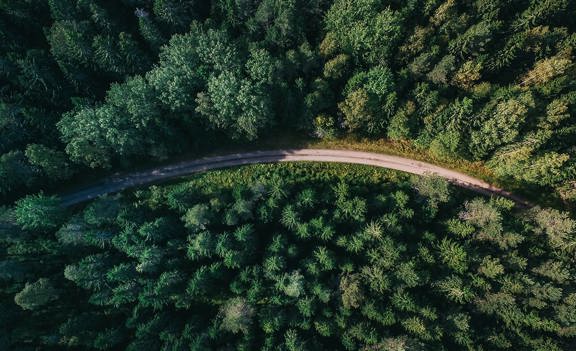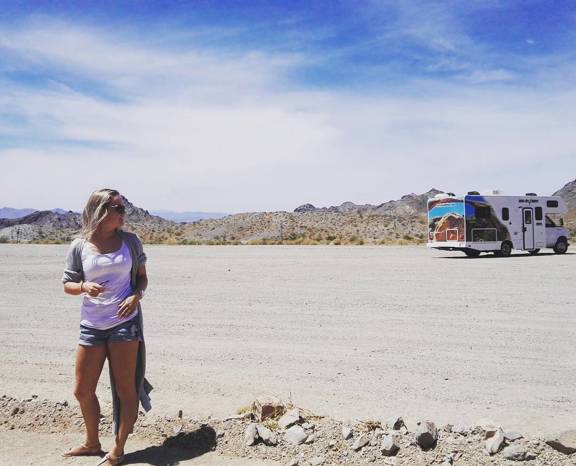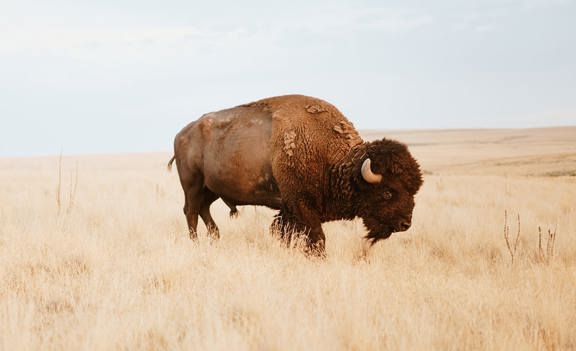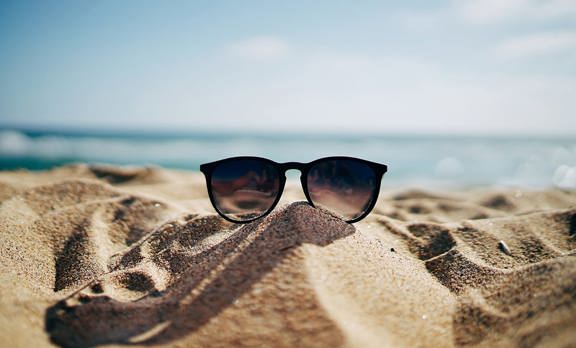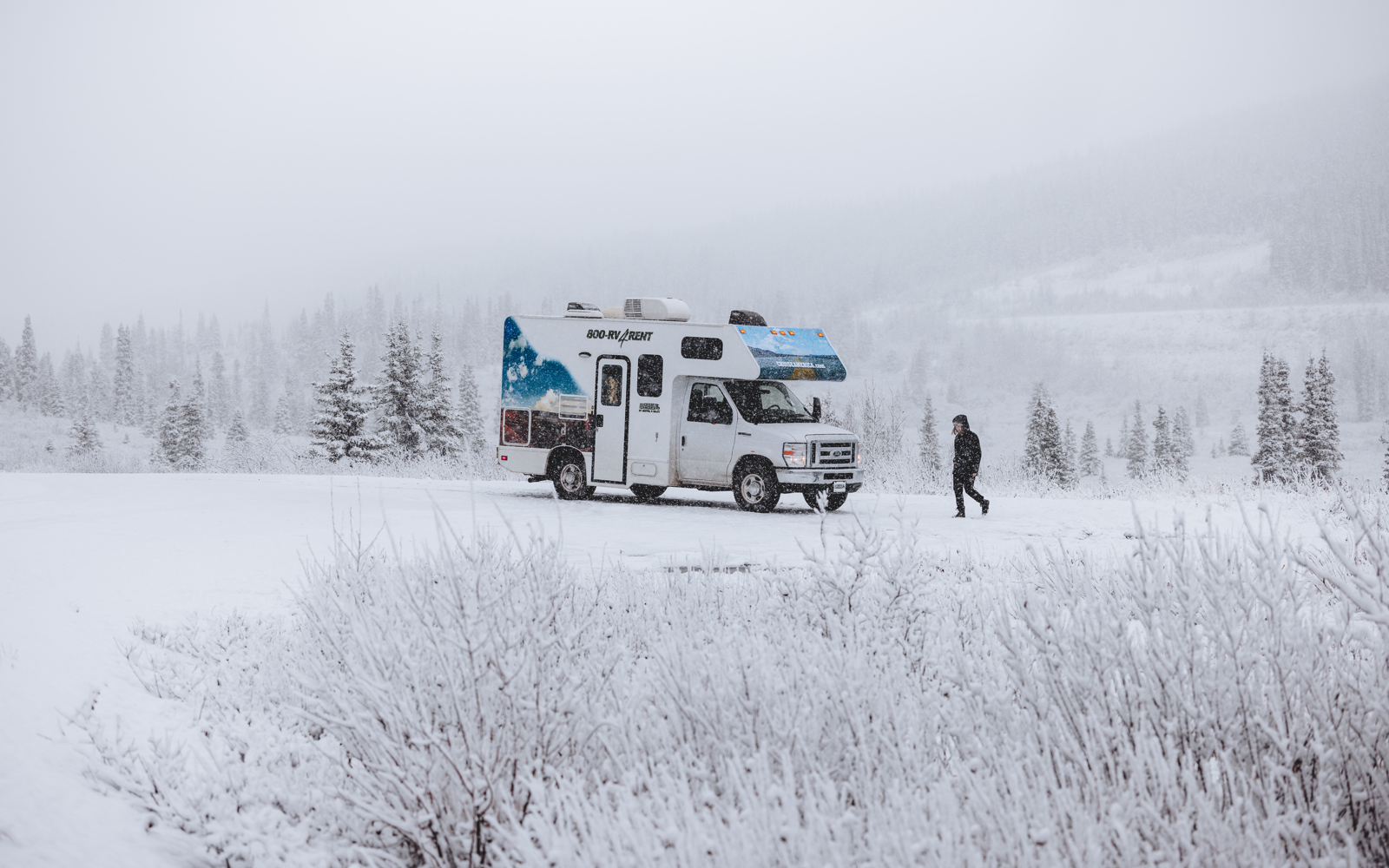
The vast majority of Yellowstone National Park’s three to four million annual visitors go in the summer. Don’t let that deter you from visiting Yellowstone in winter, however — the park is even more beautiful covered in snow, and it's a great time for wildlife viewing.
There are some unique winter challenges you should be aware of before making the trip. Yellowstone is huge, its winters are harsh, and not all park roads, lodging, and services are available. The tradeoff is that you’ll enjoy the park largely to yourself, and there’s truly nothing like seeing the steaming geysers under the snow! With some advance planning, you can safely experience the magic of a visit to Yellowstone in winter.
Yellowstone in Winter: Weather
Yellowstone spans a staggering 2,221,766 acres (3,472 square miles!) and has significant variation in elevation throughout the park, ranging from 5,282 feet to 11,358. As you might imagine, the weather can be wild — and very different — depending on where you are in the park.
It often snows as early as September and into June, and visitors should fully expect it from late October through early May. Winter temperatures range from 0-20 degrees Fahrenheit on average, although sub-zero temperatures are not uncommon. Heavy snow accumulation of up to 12” in a 24-hour period is another common occurrence in Yellowstone in winter.
Seasonal Closures in Yellowstone
With icy, unsafe conditions, all but the North Entrance in Gardiner, Montana, close at Yellowstone in winter, as well as almost all the park roads. The exception is the road between the North and Northeast entrances in Gardiner and Cooke City, Montana, as people live in those communities year-round.
Specific weather conditions dictate the exact dates, but in general, park roads are closed from mid-October through late April or early May. The main park roads remain open to over-snow snowcoach and snowmobile travel, as well as cross-country skiing and snowshoeing.
Visitor centers at West Yellowstone, Mammoth Hot Springs, and Albright are open year-round.
Things To Do When You Visit Yellowstone in Winter
Some of Yellowstone’s most iconic attractions, such as Old Faithful, aren’t accessible in winter, but there are still many interesting things to see and do.
Cross-country skiing and snowshoeing
All unplowed roads in the park are open to cross-country skiing and snowshoeing. Since Yellowstone is such a big place, that means there are plenty of trails to enjoy. Some of the most popular include Biscuit Basin, which passes by Old Faithful, and Old Canyon Bridge Ski Trail, an easy one-mile trail to the Yellowstone River.
If you don’t have your own equipment, head to the ski shops at Old Faithful or Mammoth Hot Springs for rentals and information about guided tours.
Wildlife watching
Yellowstone in winter means amazing, unique wildlife-watching opportunities. Bison, moose, and elk are often spotted along the Yellowstone River or near geysers, trying to get warm; if you’re interested in seeing wolves, head to Lamar Valley, where they often travel and hunt in packs.
Remember, you can’t simply drive through the park during winter, so the best way to view wildlife is on a guided tour.
Snowmobiling and snowcoach tours
From December through March, the only way to travel through most of Yellowstone is via snowmobile or snowcoach, a special oversized vehicle with tracks designed specifically for driving over snow.
Visitors can rent snowmobiles or bring their own or book guided tours for snowmobiling or riding in a snowcoach.
Soak in hot springs
This activity is technically outside the park, but it’s one of the best things to do if you visit Yellowstone in winter. Head to Yellowstone Hot Springs, just north of the park between Gardiner and Livingston, MT, or east to Thermopolis, WY, home of Hot Springs State Park.
Where To Stay in Yellowstone in Winter
With limited accessibility, all but one lodge in the park, Old Faithful Snow Lodge, close in the winter. If you’re planning to visit in an RV and want to camp in Yellowstone in winter, you’ll have to travel just outside the park. There are plenty of places to boondock in the vast national forests surrounding Yellowstone, including Bridger-Teton to the south and Custer-Gallatin to the northwest. Camping is also permitted in the Colter Bay Visitor Center parking lot in nearby Grand Teton National Park, which is regularly plowed, for $5 per night between December 1st and April 15th.
If you prefer to stay in an RV park, here are a couple open near Yellowstone in winter:
-
Yellowstone Hot Springs RV Park (Gardiner, MT)
-
Pony Express West Yellowstone RV Park (West Yellowstone, MT)
Note: in normal years, Mammoth Campground inside the park is open year-round, but it was damaged in the historic Yellowstone River flooding in 2022, so it is currently not available.
Visit Yellowstone in Winter With Cruise America
Get on the road to Yellowstone this winter with a reliable RV rental from Cruise America. Check out our vehicles that come with home-style amenities to keep you and your family comfortable. Contact us for more information.


